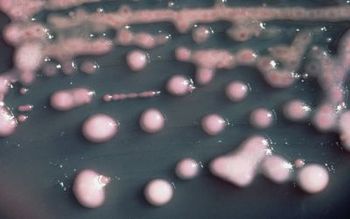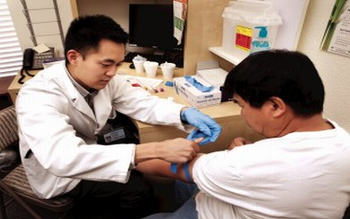
News
Advertisement


Advertisement




Advertisement


The Centers for Disease Control and Prevention (CDC) this week kicked off its 62nd Annual Epidemic Intelligence Service (EIS) Conference in Atlanta, beginning a week-long conference dedicated to showcasing the life-saving work of its current EIS officers, or disease detectives, and welcoming the incoming class of officers to the two-year postgraduate EIS program.















In the first study of its kind, healthcare workers were effective in increasing screening rates for hepatitis B virus (HBV) and enhancing knowledge about the disease among a group of Asian Americans, known as the Hmong, UC Davis researchers have found. The study was published online today in Cancer Epidemiology, Biomarkers & Prevention.






Advertisement
Advertisement
Trending on Infection Control Today
1
Bug of the Month: The Quiet Guest in the Dust
2
Manual Cleaning vs Automation: Achieving Consistent Cleanliness for Ultrasound Device Reprocessing
3
Continuous Photohydrolysis Disinfection Cuts MDROs, COVID-19, and Hospital Transfers in Long-Term Care, Study Finds
4
Influenza D and Canine Coronavirus: Why Underrecognized Animal Viruses May Be the Next Respiratory Threat
5